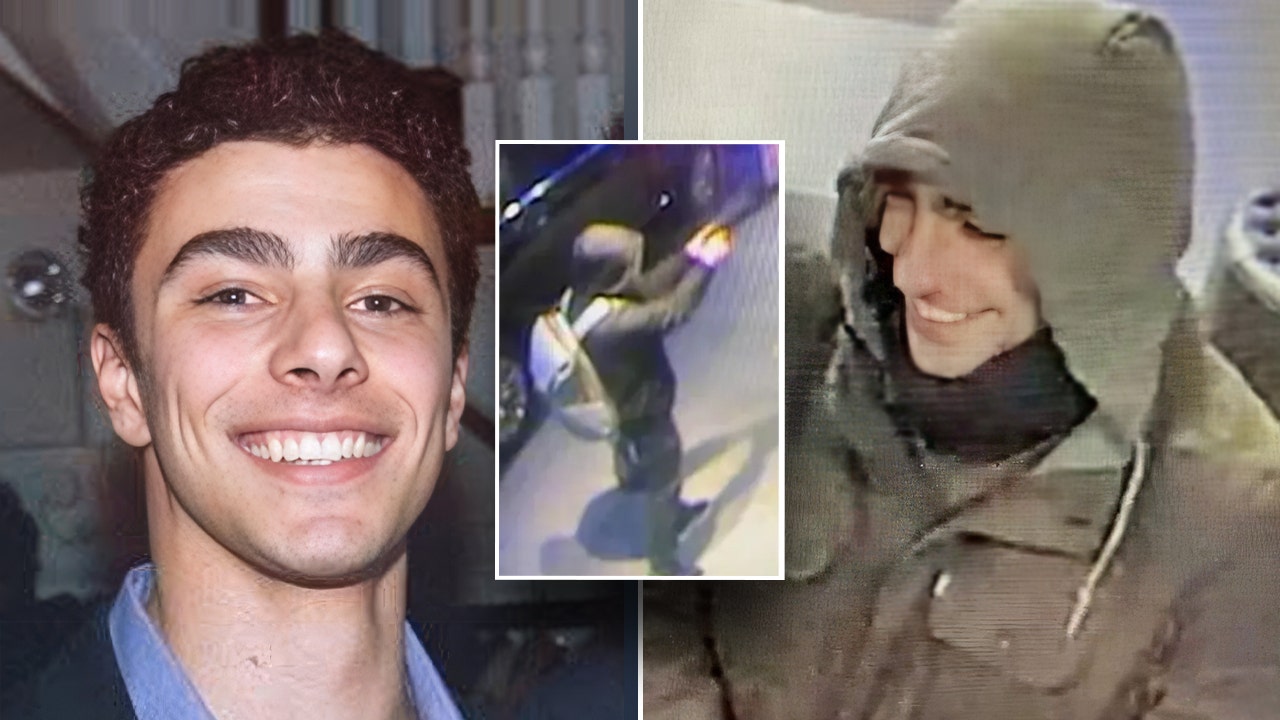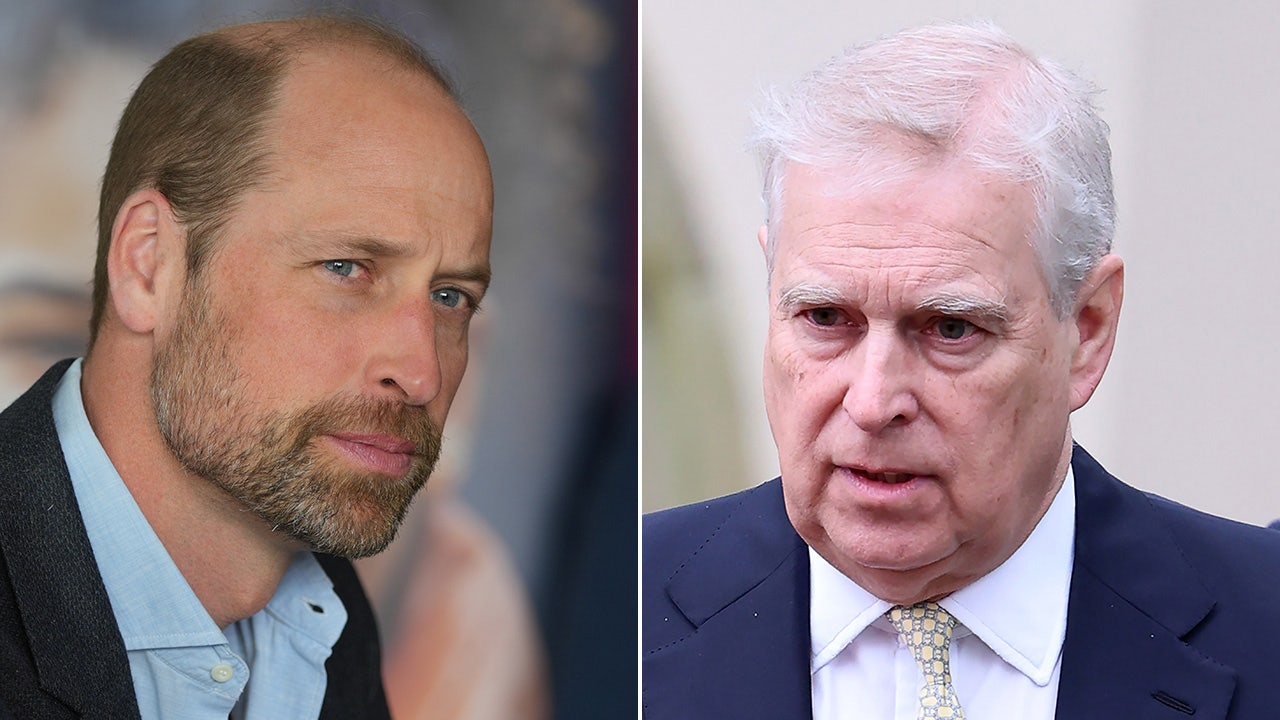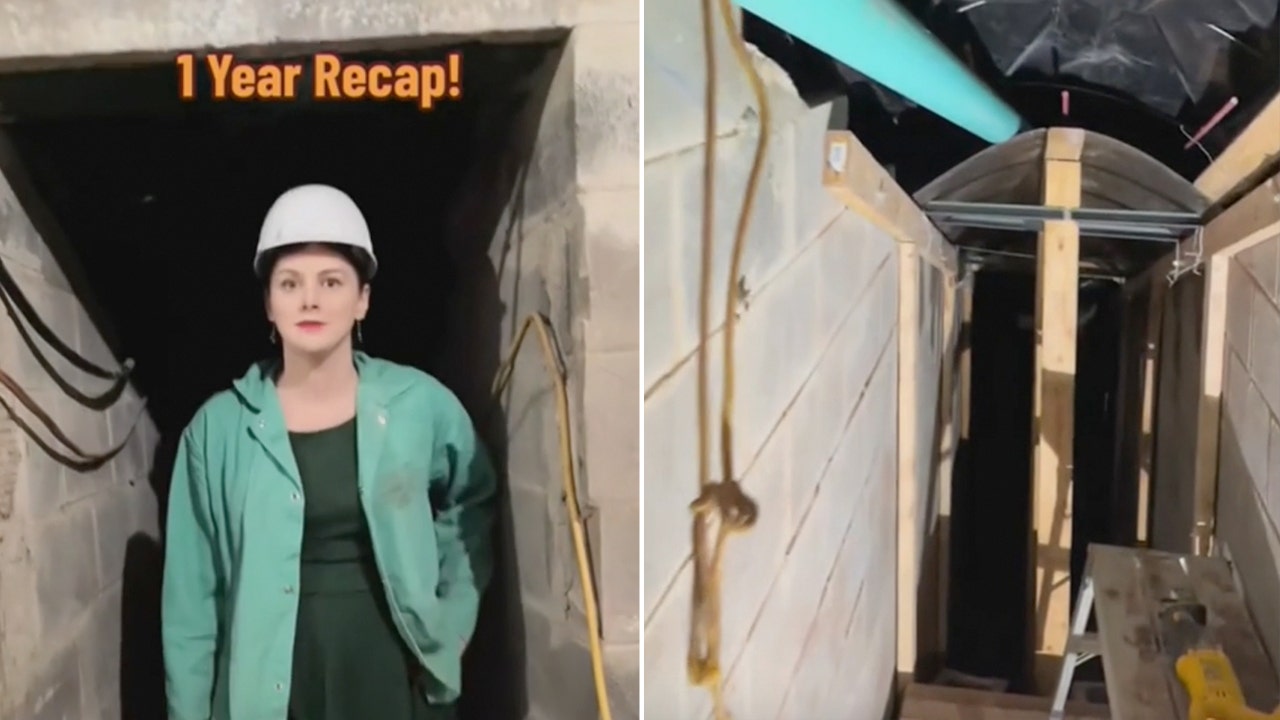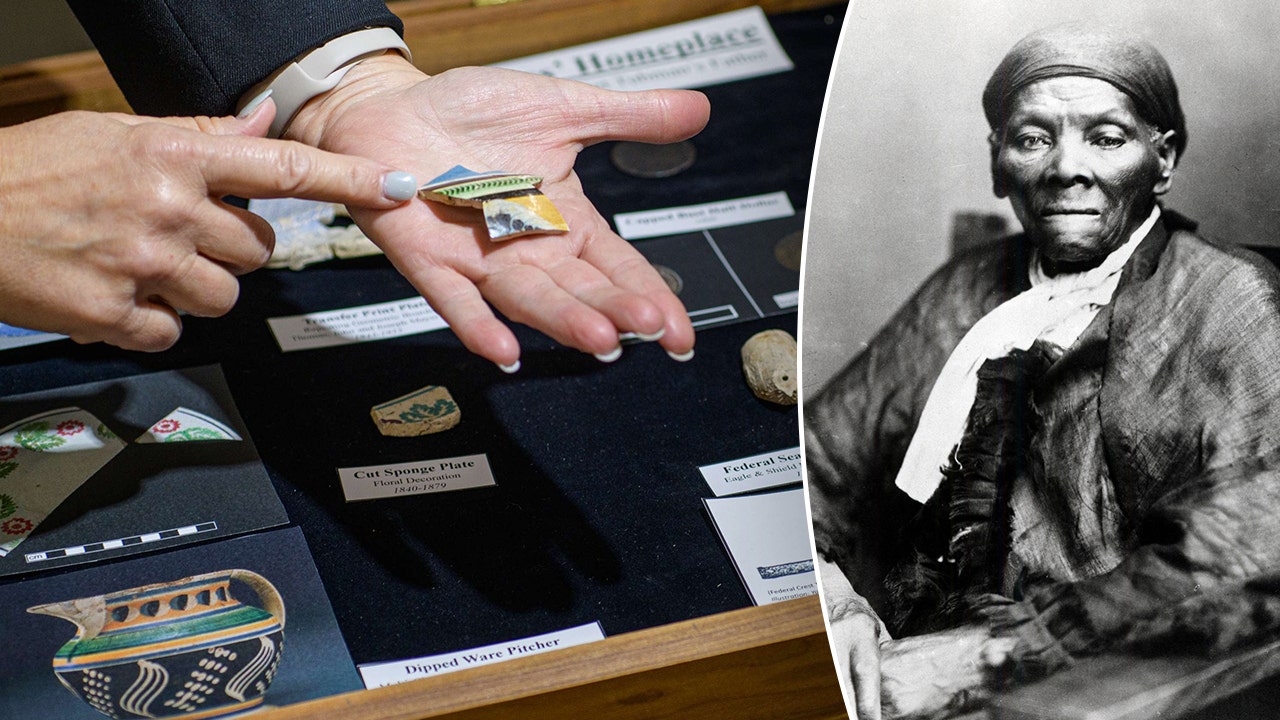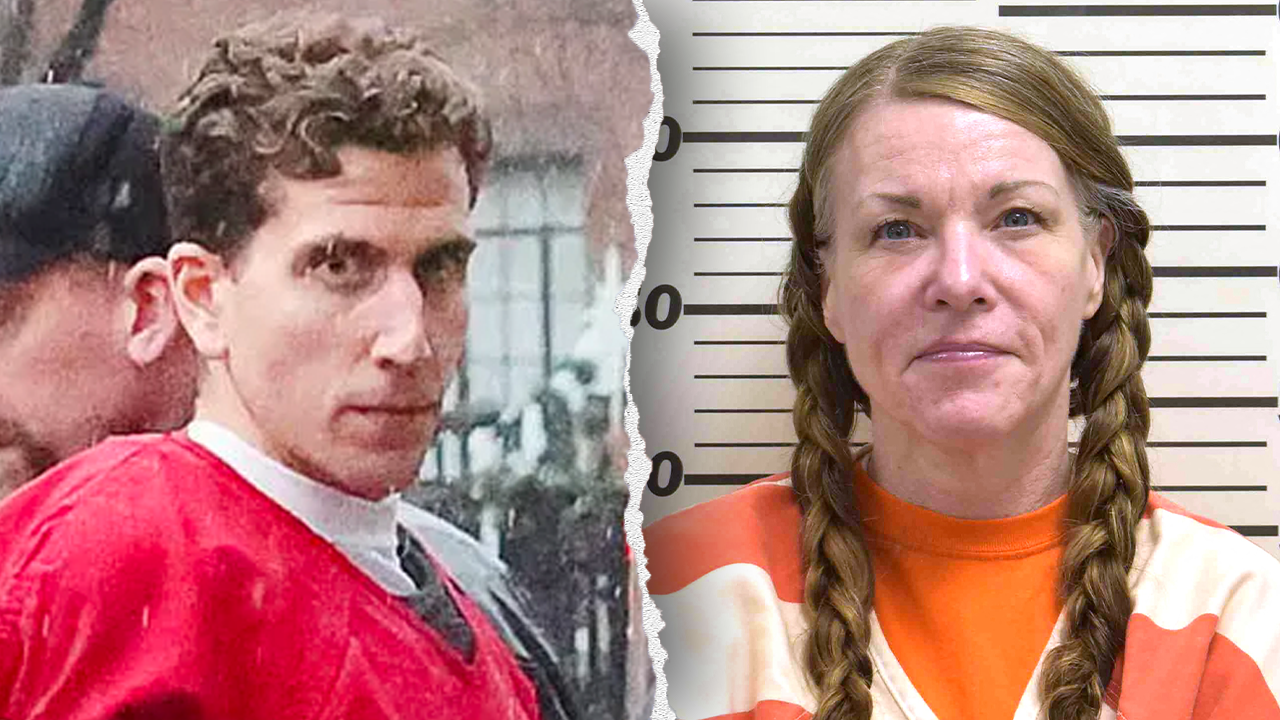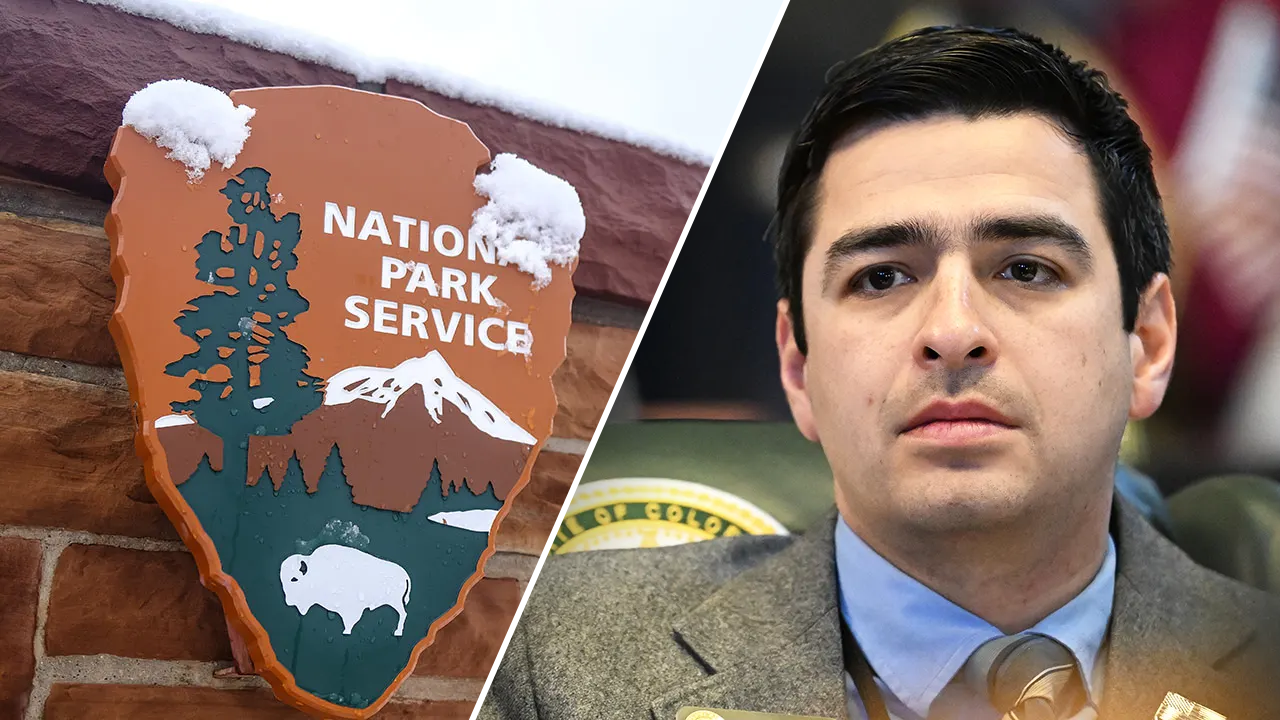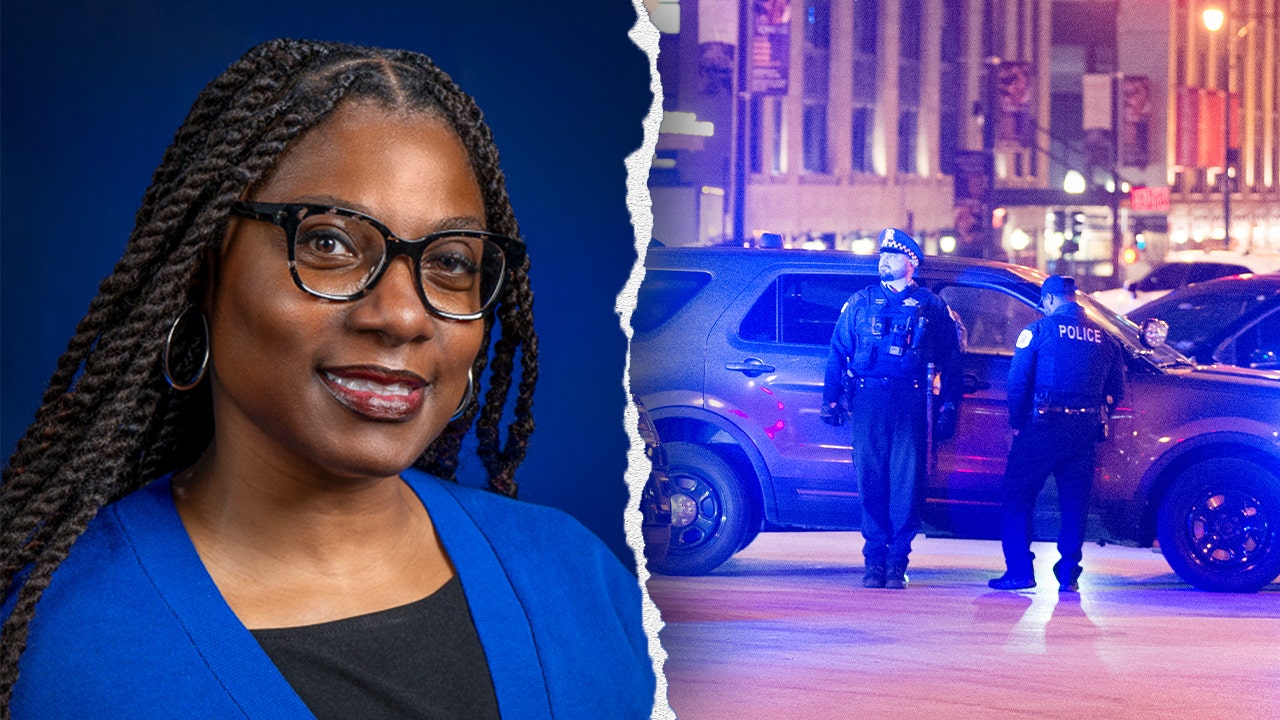As the trial of Bryan Kohberger, the suspect in the murder of four University of Idaho students, draws nearer, parallels are being drawn to the notorious case of Lori Vallow, often referred to as the “cult mom.” Vallow’s trial for two additional murders, including that of her ex-husband and a man connected to her family, has sent ripples through the investigative community, serving as a touchstone for legal strategies in Kohberger’s defense.
Kohberger stands accused of a gruesome early morning home invasion in November 2022, an event that changed countless lives in Idaho. His defense is now questioning the integrity of the prosecution’s discovery process, seeking legal recourse for perceived missteps.
The lives of Madison Mogen, Kaylee Goncalves, Xana Kernodle, and Ethan Chapin were tragically cut short, leaving wounds in their families, their university, and their community. Police traced Kohberger’s connection to the crime through a knife sheath found at the scene, which had his DNA. It’s a detail that paints a chilling picture of his proximity to the victims, adding layers to an already complex narrative
Edwina Elcox, a Boise-based attorney previously involved in Vallow’s defense, remarked on Kohberger’s strategy, stating, “Kohberger’s defense team is going to try every way possible to get the death penalty off the table. To accomplish that would be a massive win.” Yet, she expressed skepticism about this particular motion bearing fruit.
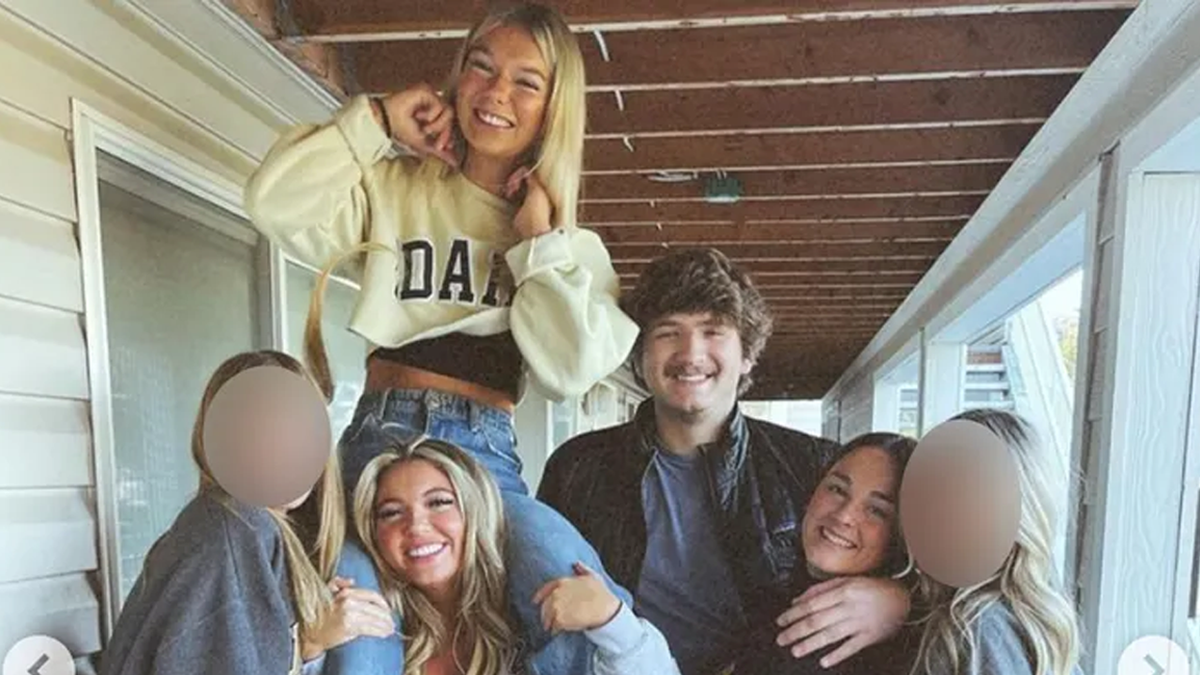
Francisco’s Italian Restaurant, a local favorite, could hardly have predicted that its patrons would soon be engrossed in discussions about such dark subjects in their booths. The town had anxiously awaited the trial, filled with questions, emotions, and a palpable tension as they sought to process the events that unfolded.
Kohberger’s request last month for sanctions against the prosecution highlights a tactical approach: if the judicial system inadvertently favors the defense due to prosecutorial errors, it could alter the course of his impending trial. “The defense only needs to convince one juror of reasonable doubt to upend the case,” noted experienced legal analyst David Gelman, drawing a thread between Kohberger’s current situation and Vallow’s outcome.
In Vallow’s case, delays led to the death penalty being removed from the table—an outcome that increasingly echoes in Kohberger’s legal fight. Neama Rahmani, a former federal prosecutor, opined, “The judge in that case removed the death penalty because of the prosecution’s delay in turning over evidence.” The stakes couldn’t be higher.

This isn’t just a story about law and order; it’s about the heartache that lingers in the shadows. The emotional toll extends beyond the courtroom. Friends and family, reconciling the loss of lives intertwined with the legal drama, are thrust into the public eye, struggling to maintain their privacy while confronting monumental grief.
For Kohberger, life hangs in precarious balance as he battles four counts of first-degree murder and a charge of felony burglary. Each day brings renewed anxiety as he waits, intent on seeing what motions the courtroom will serve up next. The defense’s filed claims of crucial evidence being overlooked stress a point: fairness in trial matters deeply.
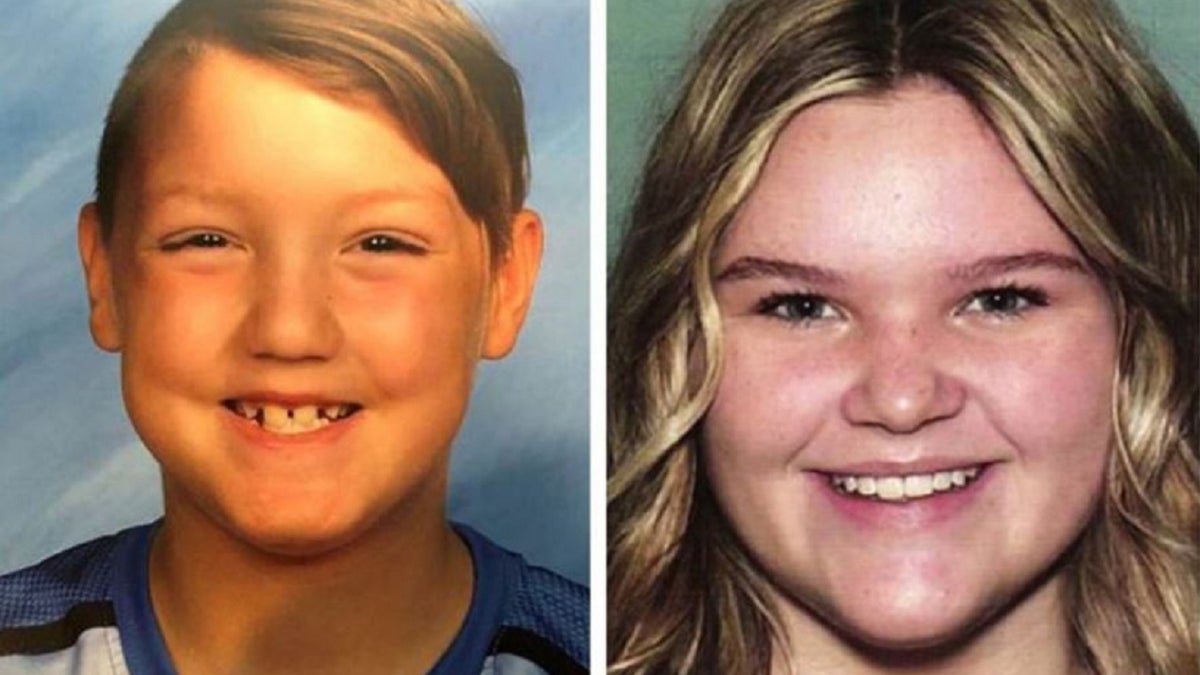
Without proper disclosures from the state, Kohberger’s team feels vulnerable, unable to prepare effectively. “They have no idea what expert evidence to prepare to fight in court,” pointed out Gelman, acknowledging the relentless complexities of the case.
Judge Steven Hippler’s recent decisions to restrict certain pieces of evidence from being unsealed demonstrate the delicate balance of justice, revealing how one misstep can alter perceptions of guilt and innocence. “The best defense is a good offense,” Rahmani reiterated, underscoring the importance of proactive legal strategies.
As this case unfolds within a tapestry of tragic events, it serves as a stark reminder of the fragility of life, justice, and the lengths individuals may go to preserve their autonomy amid chaos. In the heart of Idaho, questions linger just like the haunting memories of lives lost, as the community waits for resolution.





